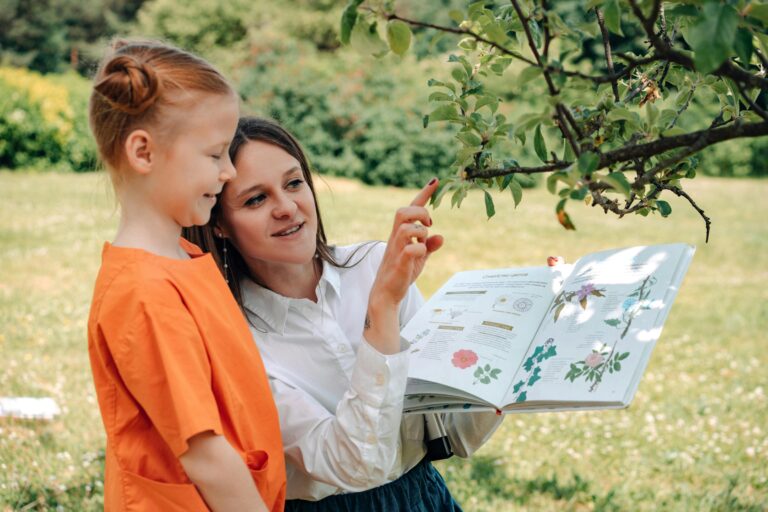The phone calls. The meetings. The quiet “we need to talk” at the school gates. For many parents of high-energy, emotionally explosive, or neurodiverse children, this becomes the rhythm of daily life. Until, one day, the call is different. A suspension. Or worse, a permanent expulsion. And your child is only seven. Or eight. Maybe even younger.
You might feel gut-punched, ashamed, furious, or simply numb. It is not only your child being sent home but also your hopes for their education, friendships, and place in the world. The message you receive, often unspoken but painfully clear, is that your child does not fit.
Let us begin here: your child is not broken.
They may be struggling to cope in a system which was not designed for how their brain works. They may have unmet needs, hidden challenges, or a nervous system constantly on high alert. They might be the kind of child who feels everything big and fast, who reacts with intensity, and who is often misunderstood.
You will find guidance here to help you understand what is happening, take practical next steps, and stay grounded in the knowledge that you are not alone. Your child’s story is not over. This is just the beginning of a different path.
Understanding the Bigger Picture
When a child is asked to leave a school at such a young age, it is rarely about one isolated incident. Often, it is the end point of a long build-up: mounting behaviour reports, unmet needs, and growing frustration on all sides. It can feel like everything is spiralling out of control, but in many cases, your child is not being “naughty”. They are overwhelmed, dysregulated or simply not coping.
Primary expulsion are often a sign that something deeper is going on. Your child may be:
- Struggling with undiagnosed SEN or neurodiversity, such as ADHD or autism
- Experiencing sensory overload in the school environment
- Living with anxiety, trauma or emotional distress
- Dealing with communication or processing difficulties which mask as defiance
- Responding to a system which was not designed with their needs in mind
What looks like defiance may actually be fear. What seems like aggression may come from confusion, panic or sensory overwhelm. When these underlying needs are not recognised early, your child is left carrying the weight of being labelled the ‘problem’.

What You Can Do Now
Start with a pause
When your child has been excluded, it is natural to feel panicked and to want to fix everything quickly. But sometimes the first and most powerful step is to stop and breathe.
If your child is at home, give everyone time to decompress. This is not lost learning. It is a chance to reconnect. Let go of the pressure and focus on safety, calm and relationship. Reassure your child they are still loved and wanted, and that nothing about this means they are “bad”.
Begin with relationship then rebuild learning
Home can be a safe and powerful place to start again. At Enjoy, we support families in creating tailored learning experiences which meet the emotional and educational needs of the child. This might begin with play, curiosity, and gentle structure to get to know and understand your child rather than formal lessons straight away.
Every child is different. For some, a calm and nurturing home education programme can offer the space they need to feel confident and connected to learning again.
Begin to build a support network
When things are calmer, begin to gather people who can help. You may have questions about ADHD, autism, anxiety or other needs. It is fine to ask for help even without a diagnosis. At Enjoy, our incredible network of schools advisors and SEN and mental health partners are on hand to help you build your team.
How Enjoy can support you
You do not have to navigate this on your own. At Enjoy, we work closely with families during some of the most emotionally charged and uncertain moments. Here is how we can help:
- Finding the right school
We can support you in identifying educational settings which are better suited to your child’s needs. This might include a mainstream school with strong pastoral care, a specialist environment and/ or a more flexible, child-led approach. - Homeschooling as a bridge
For some families, a period of home education offers the chance to stabilise and rebuild. We design tailored programmes which reintroduce learning in a way that supports your child’s emotional wellbeing and builds confidence. - Private Learning Support Assistants
We can provide private learning support assistants/teaching assistants to work with your child in school. These professionals offer one-to-one support, helping with emotional regulation, learning engagement, and day-to-day structure – all while building trust and consistency. - Working with schools on your behalf
We help parents prepare for meetings and communicate with schools effectively. This might include drafting letters, supporting you in difficult conversations, and ensuring your concerns are clearly heard and understood.
5. Helping you build your team
We can connect you with trusted professionals such as educational psychologists, mental health specialists and SEN consultants. We can attend meetings, liaise with SENCOs, and advocate alongside you to ensure your child receives the right level of support, both in and out of school.

Caring for Yourself Too
This is a lot. When your child is in crisis, it is easy to put your own wellbeing to one side. But you matter in this too. Remember: put your own oxygen mask on first. You’ll be more present, calm and resilient when you’re taking care of your own wellbeing too.
You are holding so much: meetings, emotions uncertainty. It is natural to feel exhausted or overwhelmed. Give yourself permission to ask for help, and not to have all the answers today.
At Enjoy, we are here to support not just your child, but you. If you are feeling lost, unsure where to turn next, or simply need someone to talk through your options, we are ready to listen.

